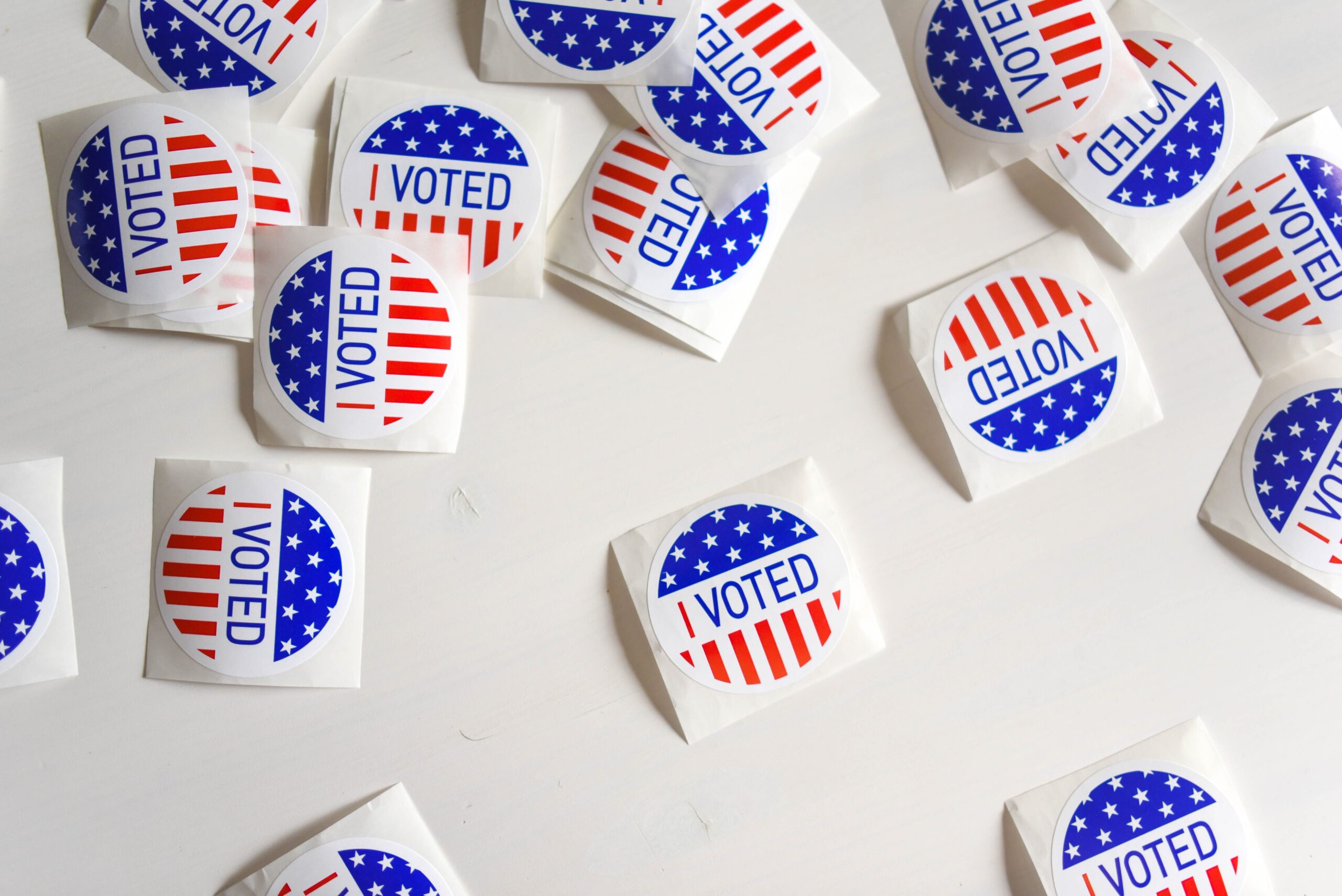In separate rulings, judges in Michigan and North Carolina have rejected Republican National Committee (RNC) lawsuits aimed at curbing overseas voting for certain citizens. In Michigan, the RNC sought to block a rule allowing non-resident voters (those who never lived in the state but whose parents or spouse once did) from casting ballots. The Michigan judge dismissed the lawsuit as a last-minute attempt to “disenfranchise” voters abroad. Similarly, a North Carolina judge ruled that the RNC failed to provide substantial evidence of fraud.
The Michigan case revolved around Secretary of State Jocelyn Benson’s policy, which allows overseas U.S. citizens, including the children and spouses of former Michigan residents, to vote. The RNC argued this opened the door to fraudulent votes, but Judge Sima Patel called the lawsuit an “11th hour” move to suppress valid ballots. Secretary Benson hailed the decision as a win for democracy, particularly for military service members and their families.
In North Carolina, Wake County Superior Court Judge John W. Smith rejected the RNC’s request for an emergency injunction to halt counting of ballots from overseas voters who hadn’t lived in the state. The RNC similarly argued fraud risk, but the judge ruled that no substantial evidence was provided to support such claims.
Both rulings dealt a blow to the RNC’s efforts to tighten voting rules, especially regarding the Uniformed and Overseas Citizens Absentee Voting Act (UOCAVA), which ensures that U.S. citizens abroad can vote. Critics of the lawsuits argue that these efforts are more about voter suppression than protecting election integrity, as these ballots come primarily from military families and expatriates who retain strong ties to their home states.
Supporters of the RNC’s efforts, like commentator Patty McMurray, argue that the lawsuits weren’t aimed at blocking legitimate votes from military members or their families but were meant to prevent potential fraud and protect the integrity of elections. However, both courts found no evidence of widespread issues or fraud, reinforcing that the rules allowing these overseas citizens to vote should remain intact.
As Election Day approaches, these rulings will likely have significant implications, especially in battleground states like Michigan and North Carolina, where every vote could be decisive. For now, voters abroad, including military families, can cast their ballots without the threat of new legal barriers.


Leave a Comment